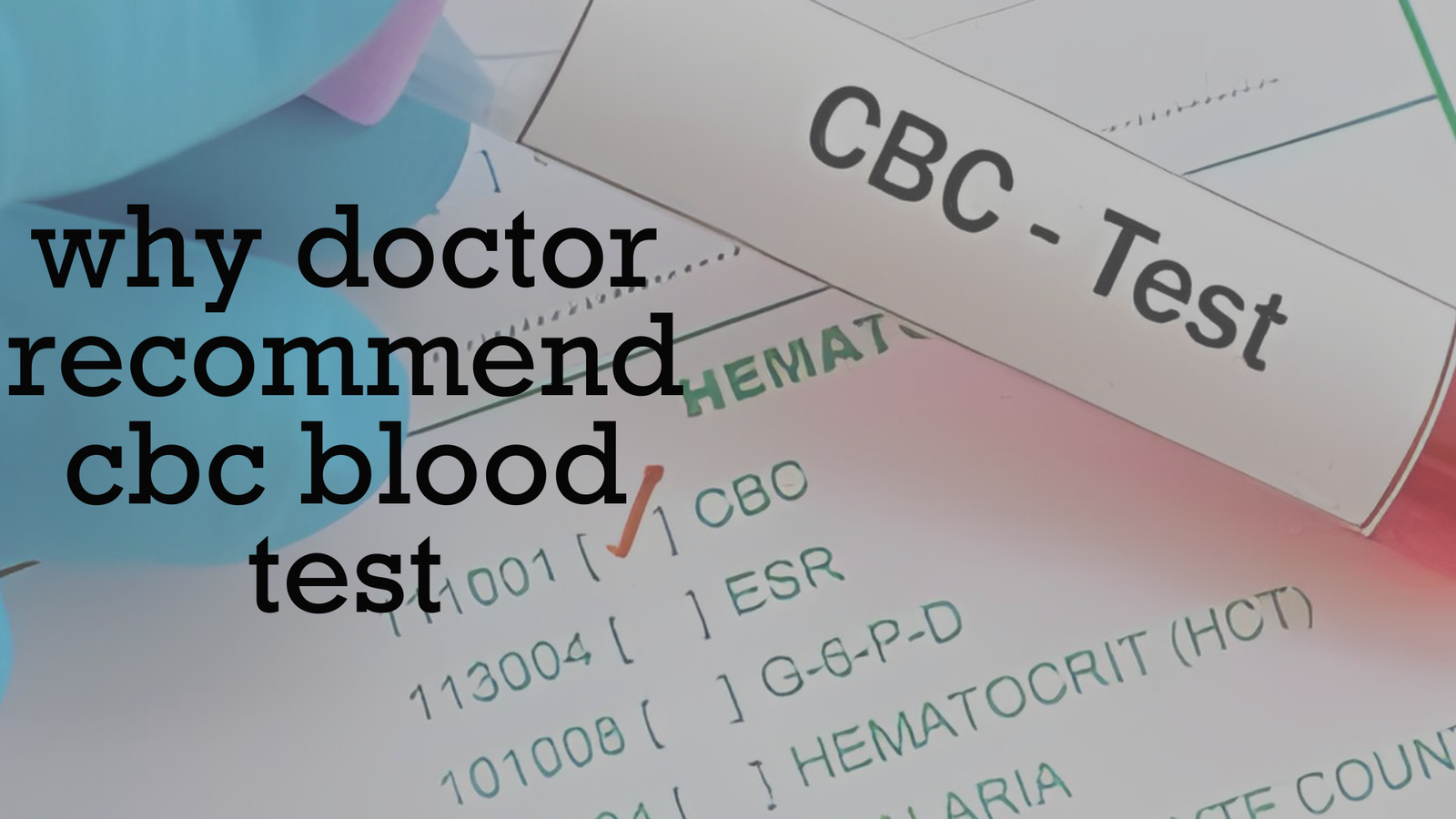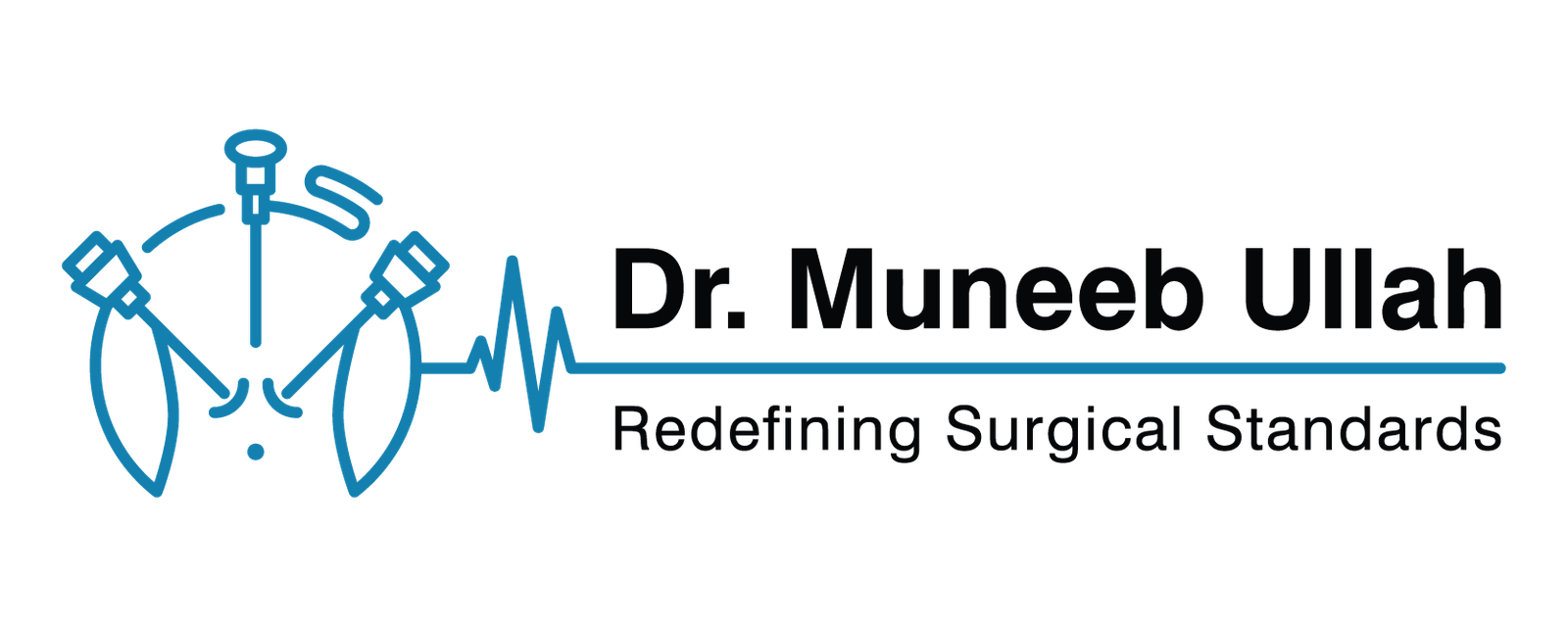CBC (COMPLETE BLOOD COUNT) INFORMATION AND NORMAL RESULTS
Complete Blood Count (CBC)
A complete blood count, or CBC, is a test your doctor might use to check on your health. Doctor recommend CBC test because it is a quick check for your blood. It’s like a report card that tells doctors if you’re healthy and find a wide range of conditions like anemia, infections, leukemia, and so on.
Doctor recommends CBC test to measure:
- The CBC looks at different parts of your blood, like the red blood cells that carrying oxygen all over your body.
- White blood cells that are like your body’s security guards fighting off germs. ‘
- It also measures hemoglobin and hematocrit
- It checks platelets, which are like repair kits that help stop bleeding if you get a cut.
If the numbers are too high or too low, it’s a clue for the doctors that they might need to do more tests to find out what’s going on.
How CBC is performed?
Here’s how it’s done:
A small amount of blood is taken from your arm with a needle. This might pinch a little, but it’s very fast. Then, the blood goes to a lab where a machine counts the different types of blood cells. It looks at red blood cells, which carry oxygen; white blood cells, which fight infection; and platelets, which help stop bleeding. The results tell your doctor if everything is okay or if you need more tests or treatment. It’s a common test that you might get as part of a regular checkup or if you’re feeling sick and the doctor isn’t sure why. It’s a helpful way for doctors to find out about a lot of different health problems quickly.
How to prepare for CBC test?
For a regular blood test, you don’t need to do anything special. However, if your doctor has asked for more tests, you might have to stop eating and drinking for a few hours before the test. Your doctor will tell you if you need to follow any specific steps.
What are the Normal CBC Results
When you receive your blood test report, it will have two main parts. One part shows the normal range and the other shows what your test found. Doctor recommends CBC test to check if your numbers are in the normal range or not. If they’re higher or lower, it could mean there is something to be checked. Different labs might check your blood in their own way, so what’s normal can vary based on where your test is done. Also, your personal details like age, gender, and even how high you live above the sea can change your blood, so that’s considered too.
White blood cells: 4,500 to 11,000 cells per microliter (cells/mcL)
Red blood cells: Male: 4.5 million to 5.9 million cells/mcL Female: 4.1 million to 5.1 million cells/mcL
Hemoglobin: Male: 14 to 17.5 grams per deciliter (gm/dL) Female: 12.3 to 15.3 gm/dL
Hematocrit: Male: 38.3% to 48.6% Female: 35.5% to 44.9%
Mean corpuscular volume: 80 to 96
Platelets: Male: 135 billion to 317 billion/L Female: 157 billion to 371 billion/L
What do the results mean?
A Complete Blood Count (CBC) test measures the different parts of your blood. Sometimes, these numbers are not what’s expected. Here’s why:
- If you don’t have enough red blood cells, hemoglobin, or hematocrit, it might mean you’re anemic, have heart issues or not enough iron.
- A small number of white blood cells could point to problems like autoimmune diseases, issues with your bone marrow, or even cancer.
- Platelet count, lower in range indicate thrombocytopenia. While high platelet count indicates thrombocytosis.
- A large number of white blood cells might show you have an infection or that your body is reacting to some medicine.
But just because these numbers are off doesn’t mean you’re sick. What you eat, how much you move, the medicines you take, whether you’re on your period, if you’re not drinking enough water, and other things can change your test results. It’s best to talk to your healthcare provider to understand what your test numbers mean for you.










